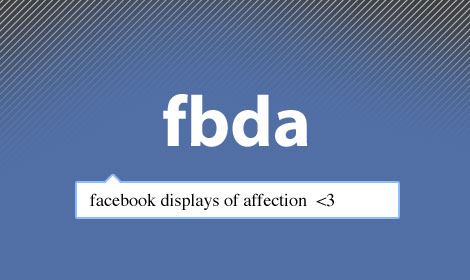For social media law enthusiasts in Kenya, this month witnessed the 2014 Social Media Awards (SOMA) sponsored by OLX. This second edition of SOMA saw participation of 100 nominees in 21 categories and serves to demonstrate the immense impact of social media for personal and business growth. Leading mobile operator, Safaricom Limited was a triple winner at SOMA. In the Customer Care category, Safaricom scooped the award beating Chase Bank, Orange and Airtel in addition to receiving the overall Corporate-of-the-Year Award. Safaricom Chief Executive Officer Bob Collymore was also voted this year’s most influential corporate personality in Kenya at SOMA. For the full list of nominees and winners, see here. Another big social media related event this month was the launch of the “A-Z of Kenyan Twitter” Report by Nendo Ventures. Read more about #AtoZofKOT here.
Meanwhile, in Nigeria, the main social media law story was the case of Linda Ikeji, whose blog was taken down for copyright infringement but later restored. This blogger has discussed the Linda Ikeji blog story here. Ikeji’s story brought out many interesting issues, one of which was abuse of the take-down provision under the US Digital Millenium Copyright Act (DMCA). It appears that blogs which run on platforms like blogger, tumblr, medium, typepad or even facebook notes are much easier to take down as opposed to stand-alone blog sites with registered domains. However, these blogging sites and other social media site are increasingly unable to comply with a large proportion of the take down notices they receive as these notices are either incomplete or abusive. For instance, between the months of January and June 2014, Twitter did not comply with nearly 1 in 4 takedown notices it received; Wikimedia complied with less than half; and WordPress complied with less than two-thirds. On the issue of DMCA abuse, Automattic, the company behind WordPress (Ahem, the best blogging platform in the world.) has included a Hall of Shame section in is transparency reports which highlights DMCA abuses by all sorts of businesses, organizations, and individuals attempting to silence criticism and other noninfringing speech. See the Hall of Shame here.
In South Africa, the recent judgment in the High Court case of D v V (12537/12) [2014] ZAGPPHC 787 may be of particular importance to social media law enthusiasts. A copy of the judgment is available here. In this case, a Pretoria mother of two, only identified as R, claimed ZAR 750,000 (KES 7.5M) in damages from her husband’s mistress, only identified as C. Her claims were based on adultery, loss of comfort and alienation of affection. R testified that c intended to break her marriage. The crux of R’s case against C was that the latter intended to break her marriage and in support of her case, R relied on seveal communications and photos on Whatsapp and Facebook. With respect to Whatsapp, C sent a picture of her vagina to R’s ex-husband and their son brought it to the attention of R. This picture alerted the plaintiff to the adulterous relationship between C and R’s ex-husband. Thereafter, C sent R numerous vulgar and boastful messages about her adulterous relationship with R’s ex-husband, despite being fully aware that C was happily married to her ex-husband.

With respect to facebook, C posted pictures of her kissing R’s ex-husband, including as a her profile picture. R told the court that these acts on facebook were intended to humiliate her, break her heart as well as her marriage. R further argued that C’s conduct led to R’s ex-husband eventually moving out of their communal home after being violent and antagonistic towards R and their son. In light of the above, the court found in favour of R and ordered C to pay R a total of ZAR 85,000.00 as damages for adultery, loss of comfort, society and services of her ex-husband as well as for alienation of affection. In addition, C was ordered to pay R’s costs of suit. This outcome compares favourably with the recent Kenyan case of ES v IMK [2014] eKLR which also addressed adultery established through facebook pictures.